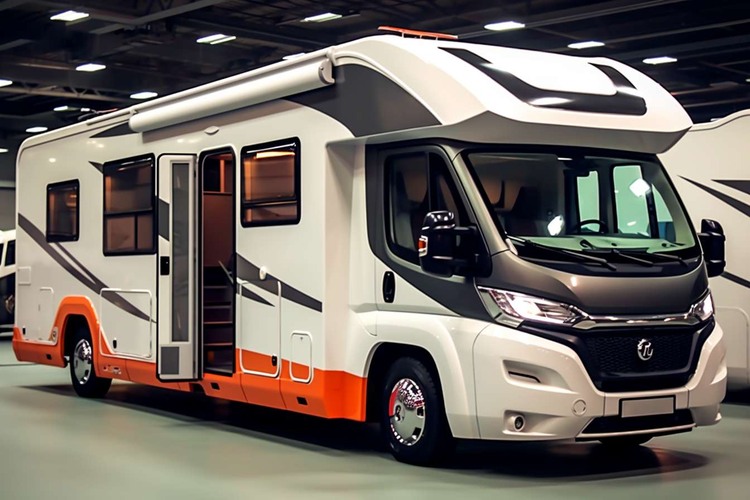How to Navigate the Process of Buying an RV with Bad Credit
Buying an RV can be an exciting adventure, offering the freedom to travel and explore unique destinations. However, navigating the process with bad credit can seem daunting. Fear not! With the right approach, it's still possible to make your RV dream a reality. Here are some helpful tips to guide you through the process:

What Credit Score Do You Need for RV Financing?
Most traditional lenders prefer credit scores above 650 for standard RV loans, but specialized lenders work with borrowers who have scores as low as 500-550. Your credit score directly impacts your interest rate and loan terms. While prime borrowers might secure rates around 4-6%, those with bad credit typically face rates between 10-20%. Understanding where you stand creditwise helps set realistic expectations and guides your financing strategy.
Can You Get Zero Down RV Financing with Bad Credit?
Zero down RV financing bad credit options do exist, though they’re less common and typically come with higher interest rates. Some dealers offer promotional financing with no money down, especially for newer RV models. However, putting some money down reduces your loan amount, lowers monthly payments, and demonstrates financial commitment to lenders. Even a 5-10% down payment can significantly improve your approval odds and loan terms.
How to Improve Your RV Loan Approval Chances?
Start by checking your credit report for errors and disputing any inaccuracies. Gather documentation of steady income, employment history, and any assets. Consider adding a co-signer with good credit to strengthen your application. Shopping during promotional periods, typically spring and fall, can also yield better financing deals. Some borrowers find success by establishing a relationship with credit unions, which often have more flexible lending criteria than traditional banks.
What Types of RV Camper Financing Are Available?
RV camper financing options include secured loans through banks, credit unions, and specialized RV lenders. Dealer financing often provides convenient one-stop shopping but may have higher rates. Personal loans work for smaller RVs but typically have shorter terms and higher payments. Some buyers consider rent-to-own arrangements or lease-purchase options, though these usually cost more long-term. Each option has distinct advantages depending on your credit situation and RV type.
Where to Find the Best RV Financing for Bad Credit?
Specialized RV lenders often have the most experience working with bad credit borrowers and understanding RV values. Credit unions frequently offer competitive rates and more personalized service. Online lenders provide quick pre-approval and streamlined processes. Some dealers maintain relationships with subprime lenders specifically for challenging credit situations. Research shows that approximately 23% of RV buyers finance through dealers, while 31% use banks or credit unions, and the remaining explore alternative financing options.
What Are Current RV Financing Rates and Costs?
RV financing costs vary significantly based on credit score, loan term, and RV age. Understanding current market rates helps you evaluate offers and negotiate better terms. Interest rates for bad credit RV financing typically range from 10-25%, depending on various factors including loan amount and term length.
| Credit Score Range | Interest Rate Range | Monthly Payment (60k loan, 15 years) | Total Interest Paid |
|---|---|---|---|
| 300-579 (Poor) | 18-25% | $650-$750 | $57,000-$75,000 |
| 580-669 (Fair) | 12-18% | $550-$650 | $39,000-$57,000 |
| 670-739 (Good) | 8-12% | $480-$550 | $26,400-$39,000 |
| 740+ (Excellent) | 4-8% | $430-$480 | $17,400-$26,400 |
Prices, rates, or cost estimates mentioned in this article are based on the latest available information but may change over time. Independent research is advised before making financial decisions.
Conclusion
Successfully buying an RV with bad credit requires preparation, research, and realistic expectations. While you’ll likely face higher interest rates and stricter terms, numerous lenders specialize in bad credit RV financing. Focus on improving your credit score when possible, consider making a down payment, and shop multiple lenders to find the best terms available. Remember that RV ownership involves ongoing costs beyond the loan payment, including insurance, maintenance, and storage fees. With proper planning and the right lender partnership, your RV adventure can become reality regardless of past credit challenges.




